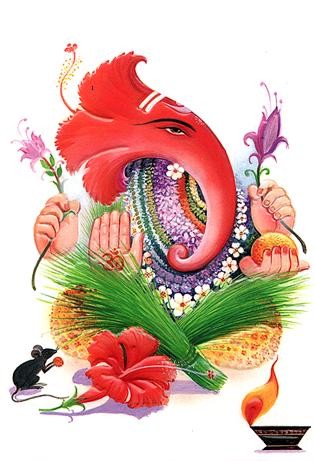Telugu to be accorded Classical Language status?
Language panel hopes Centre will announce it on August 15
NELLORE: The Centre will soon accord ancient classical language status to Telugu, according to Andhra Pradesh Official Language Commission Chairman A.B.K. Prasad.
"The commission is hoping that the Centre will make an announcement with regard to this on August 15," he said. Mr. Prasad was here to attend a review meeting with district officials of Nellore, Guntur and Prakasam on the need to make the use of Telugu compulsory in transacting administrative work from district to mandal level.
Long overdue
Expressing concern over the delay in according the status, Mr. Prasad said that recognition was long overdue as Telugu was one of the Dravidian languages with a 2,000-year history. Material evidence such as script, coins, epigraphs and other related texts and recorded history more than 1,000 years old had already been submitted to the committee to present the case, he said.
Listing out the benefits that would accrue to Telugu as a result of according it the classical language status, Mr. Prasad said it would pave the way for recognition by the University Grants Commission (UGC) and consequent creation of chairs in several Indian universities for research on Telugu language and its art and culture.
Once the UGC gives its recognition, other universities will also accept it across the globe. Subsequently, funds would also pour in for the development of Telugu in several spheres. Research in Telugu would throw new light on historical and cultural traditions, he added.
Courtesy: The Hindu
tcld2006
Labels: tcld2006



1 Comments:
michael kors outlet
cheap ugg boots
ralph lauren outlet
cheap ugg boots
ed hardy uk
ugg outlet
ugg boots
ugg boots
michael kors uk
nike blazer pas cher
Post a Comment
<< Home